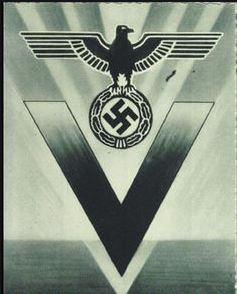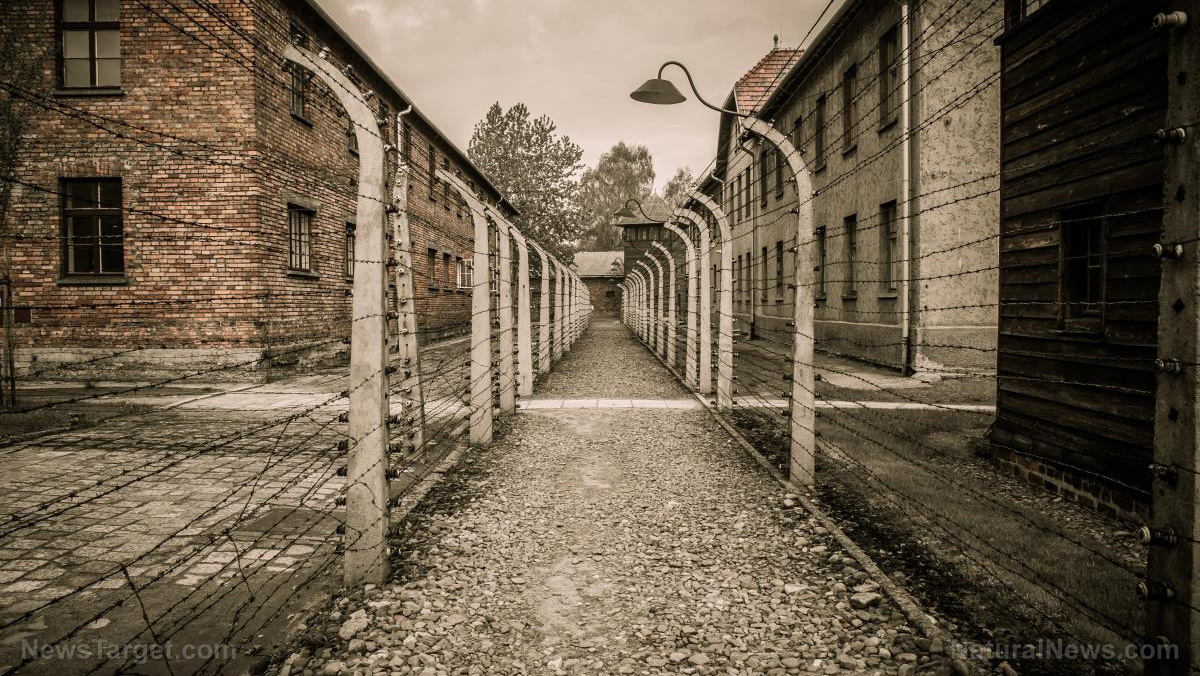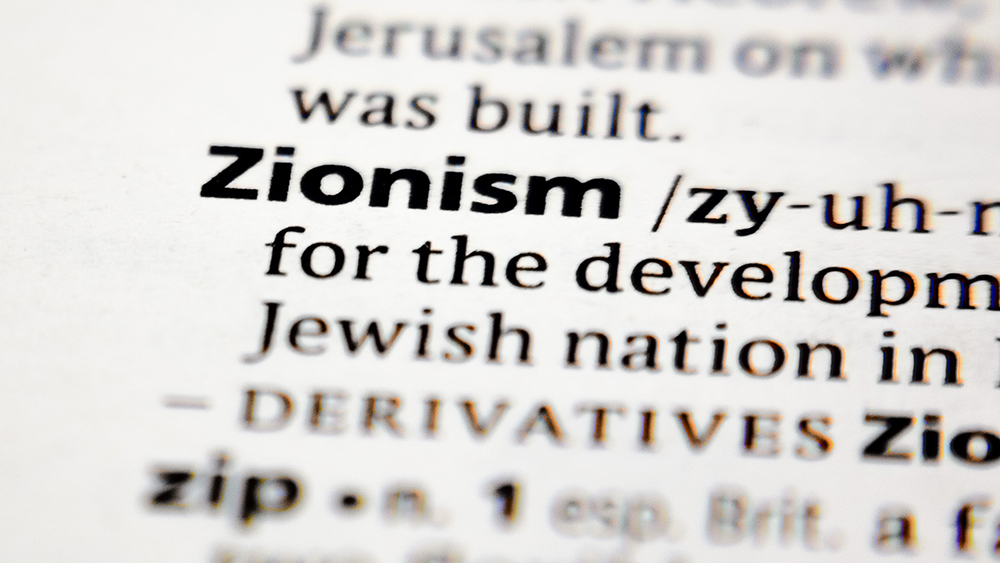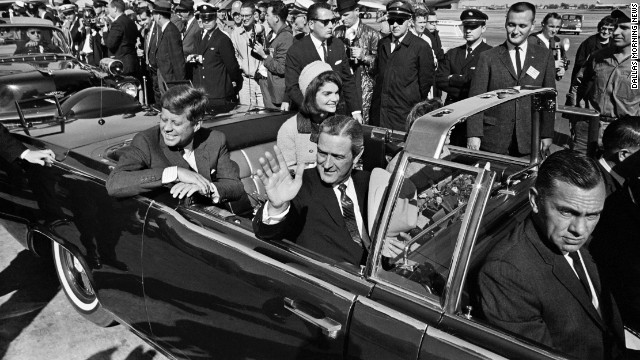Thomas Suarez’s “State of Terror” details how the modern State of Israel was built on a foundation of TERRORISM
02/17/2025 / By Arsenio Toledo
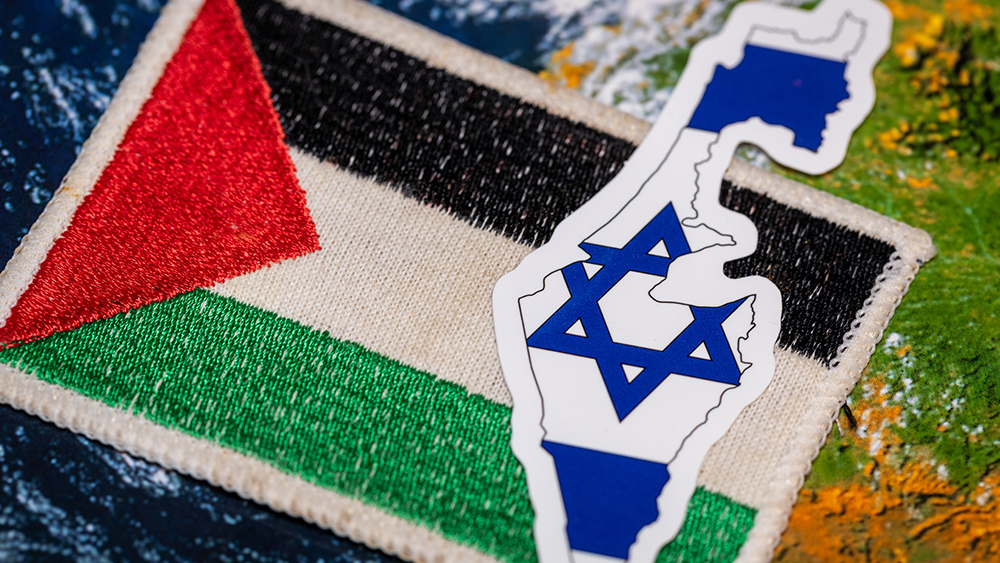
- Author Thomas Suarez’s book, “State of Terror,” argues that terrorism played a crucial role in the establishment of Israel, challenging mainstream narratives about the country’s origins.
- Suarez contends that Zionist leaders used violence, propaganda and political maneuvering to secure a Jewish-majority homeland, displacing Palestinians in the process.
- The book highlights paramilitary groups like Irgun and Lehi as central to a violent campaign aimed at intimidating opponents and forcing the British to relinquish control of Mandatory Palestine.
- Suarez explores how language and propaganda were used to frame Israeli actions as self-defense, garnering international support, particularly in the United States.
- The book draws connections between the tactics and ideologies of early Zionist militias and Israel’s current policies, including land expropriation and conflict with Palestinians, challenging readers to confront the origins of the Israeli-Palestinian conflict.
In his provocative book, “State of Terror: How Terrorism Created Modern Israel,” author Thomas Suarez challenges mainstream narratives about the creation of Israel, arguing that terrorism played a central role in its establishment.
The book has sparked heated debate for the critical eye it casts on the ideology of Zionism and the methods early Zionists used during the British Mandate period of the early 20th century. By examining the strategic use of violence, propaganda and political maneuvering, Suarez contends that the modern State of Israel owes much of its existence to a campaign of terrorism aimed at displacing Palestinians and securing a Jewish-majority homeland.
The story begins in the early 20th century, when the British Empire, under the Balfour Declaration, endorsed the idea of a Jewish homeland in Mandatory Palestine.
According to Suarez, Zionist leaders saw this mandate as an opportunity to fulfill their vision of a Jewish state, but they faced significant obstacles from indigenous Palestinians who saw their land and rights under threat as well as from large segments of the Jewish diaspora, who were skeptical of the Zionist project and doubted not just its feasibility but also the morality of taking land from people who have lived in it, potentially for centuries.
To overcome these challenges, Zionist organizations, including the Jewish Agency for Israel, allegedly turned to systematic terrorism. Suarez points to groups like the Irgun and the Lehi – paramilitary organizations with ties to the mainstream Zionist movement – as key players in a violent campaign aimed at intimidating opponents and forcing the British to cede control of Mandatory Palestine to the Zionist movement. These groups conducted terrorist bombings and assassinations that targeted not only British officials but also Palestinians and even Jewish critics of the Zionist project.
One of the most infamous incidents documented in the book is the 1948 Deir Yassin massacre, where Irgun and Lehi fighters, with the tacit approval of the Haganah – the precursor to today’s Israel Defense Forces – killed over 100 Palestinian civilians, including many women and children. Suarez describes this event as a deliberate act of terror designed to instill fear and drive Palestinians from their homes, thereby clearing the way for Jewish settlement.
Suarez also explores how language and propaganda were weaponized to shape international perceptions. Terms like “self-defense” and “infiltrators” were used to frame Israeli actions as reactive measures aimed at protecting Jews, while casting Palestinians as aggressors. This narrative, the author argues, was crucial in garnering support for Zionism, particularly in the United States, where it helped secure political and financial backing.
The book also critiques the role of the British government, which Suarez says often overlooked Zionist violence to avoid political complications, especially as Zionist sentiments grew in Britain. This complicity, he writes, allowed Zionist militias to operate with relative impunity, further entrenching their influence over the nascent Israeli state.
A particularly controversial chapter in the book examines how the Holocaust was exploited to advance the Zionist agenda. Suarez argues that the unimaginable suffering of European Jews was co-opted to justify the creation of a Jewish state, despite concerns that such a state might mirror the authoritarianism and exclusionary policies of the Nazi regime. This interpretation has drawn sharp criticism from some historians, who view it as an oversimplification of the Holocaust’s complexities and its relationship to the establishment of Israel.
While “State of Terror” is rooted in history, its conclusions have profound implications for the present. Suarez suggests that the tactics and ideologies of Zionist militias during the Mandate period laid the groundwork for Israel’s current policies, including land expropriation, the mistreatment of both Palestinians and non-Jewish citizens of Israel and the ongoing conflict with Palestinians.
By drawing a direct line between past and present, the book challenges readers to confront uncomfortable truths about the origins of the Israeli-Palestinian conflict and its enduring legacy.
Watch this video going into detail on Thomas Suarez’s book “State of Terror: How Terrorism Created Modern Israel.”
This video is from the BrightLearn channel on Brighteon.com.
Sources include:
Submit a correction >>
Tagged Under:
British Palestine, chaos, Hidden History, history, Israel, Israel-Palestine conflict, Israel-Palestine war, Mandatory Palestine, Palestine, real history, state sponsored terrorism, terrorism, Thomas Suarez, Tyranny, United Kingdom, WWIII, zionism, Zionists
This article may contain statements that reflect the opinion of the author
RECENT NEWS & ARTICLES
COPYRIGHT © 2018 REALHISTORY.NEWS
All content posted on this site is protected under Free Speech. RealHistory.news is not responsible for content written by contributing authors. The information on this site is provided for educational and entertainment purposes only. It is not intended as a substitute for professional advice of any kind. RealHistory.news assumes no responsibility for the use or misuse of this material. All trademarks, registered trademarks and service marks mentioned on this site are the property of their respective owners.


